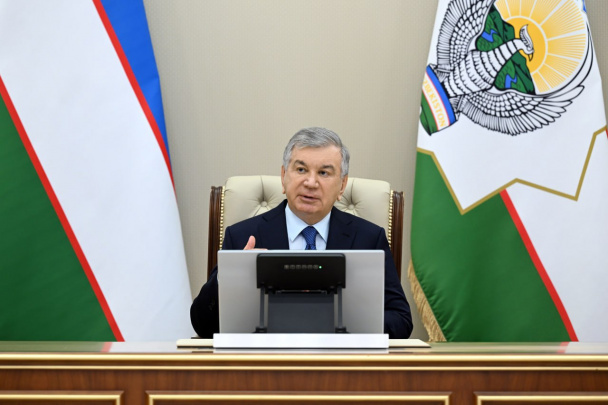Government restricts provision of psychological services to qualified professionals
A new law in Uzbekistan mandates that only individuals with a higher education degree in psychology may provide psychological services, establishing standards to regulate the field and ensure the quality of care. Passed on November 5, the Law on Providing Psychological Assistance to the Population (Law No. 989) also introduces administrative penalties for unqualified practitioners offering such services.

The law, approved by the Senate on September 20, outlines the scope and requirements for psychological services, defining them as interventions aimed at preventing and addressing crisis situations, improving interpersonal relationships and mental well-being, supporting personal development, and aiding social adaptation. All psychological assistance must align with established professional standards to ensure consistency and effectiveness in care.
According to the law, psychological services may be offered both publicly and privately, either free of charge or for a fee, by certified psychologists working in state institutions, private organizations, or as independent entrepreneurs. Educational institutions, including preschools, general education, and vocational schools, will provide psychological support to promote students' mental health, foster a positive learning environment, and assist in personal development.
The legislation further stipulates that individuals may only participate in psychological research or clinical studies with their voluntary, written consent or the consent of their legal representatives.
Under the new regulations, psychologists must safeguard the confidentiality of client information, treating all details of psychological consultations and results as strictly private and comparable to doctor-patient confidentiality.
In cases where unqualified individuals attempt to provide psychological services or fail to adhere to the regulations, the law imposes fines. The penalties range from five to ten times the baseline calculation rate for private citizens and from ten to fifteen times for officials.
The law will take effect three months from its official publication date, coming into force on February 5, 2025.
Related News

15:22 / 25.02.2026
Uzbekistan moves to tighten liability of officials for fire safety violations

18:14 / 18.02.2026
Uzbekistan revises 2030 gas production target to 48.5 billion cubic meters

19:33 / 16.02.2026
Uzbekistan introduces life imprisonment for sexual crimes against children under 14

13:55 / 10.02.2026




